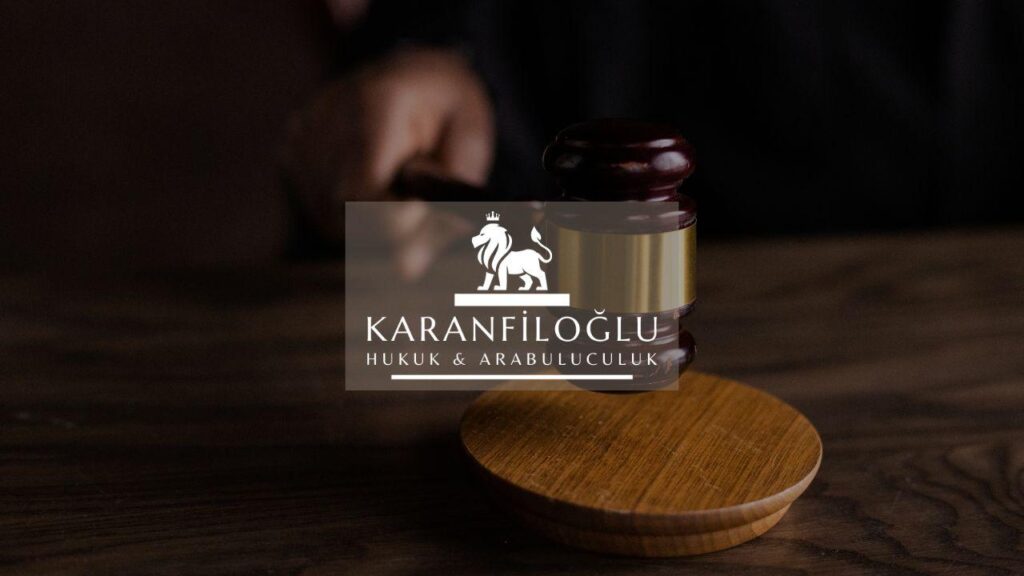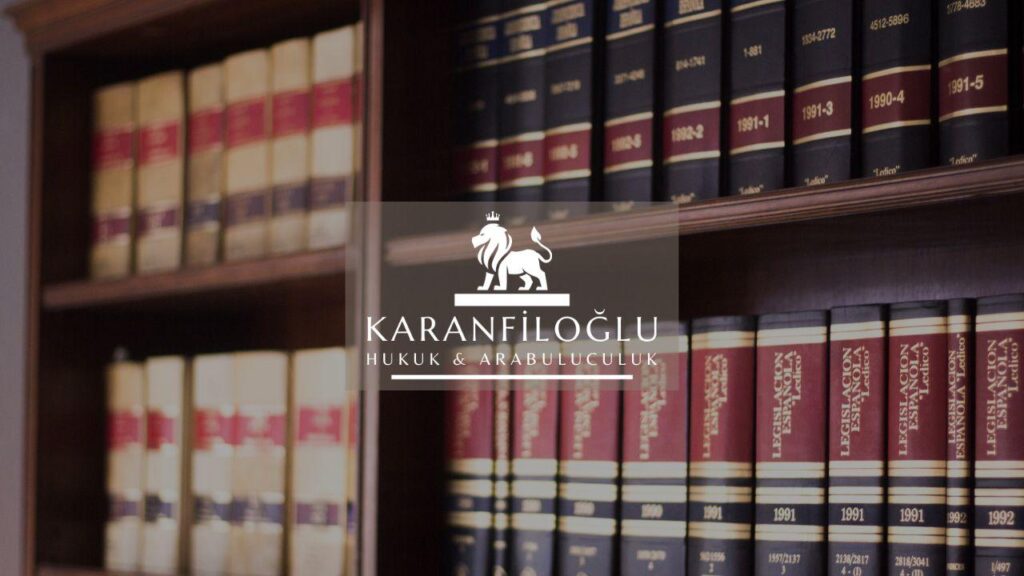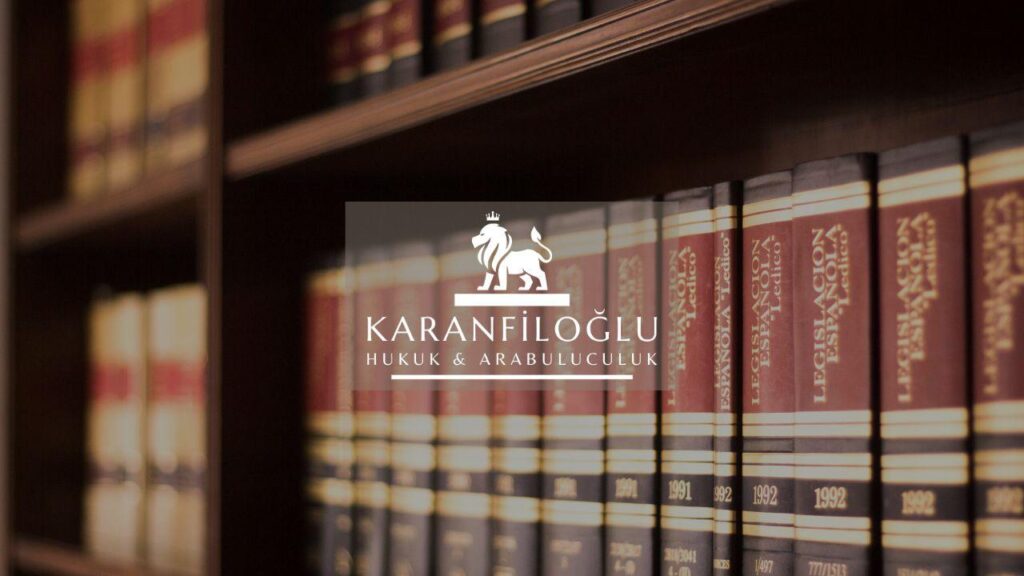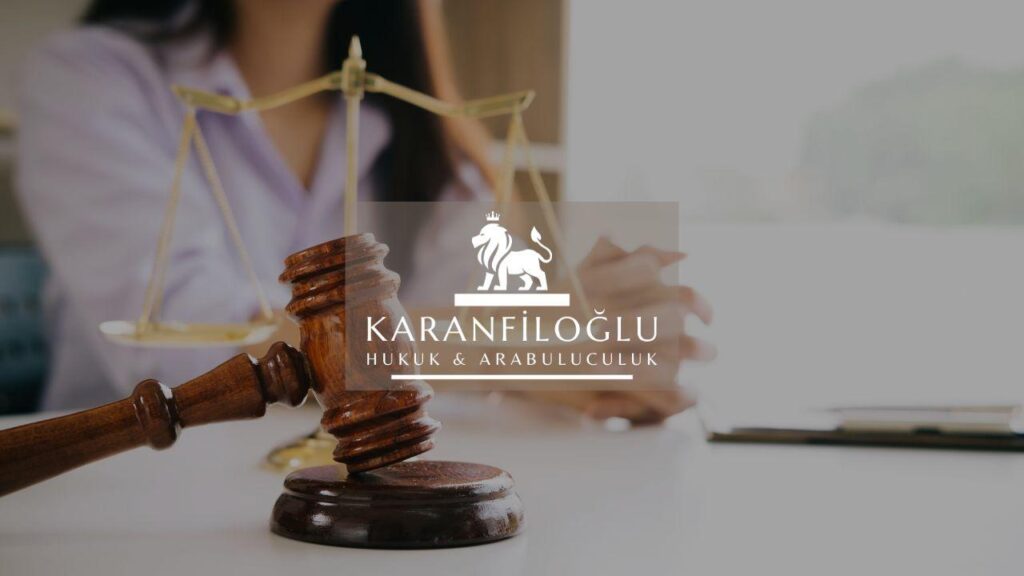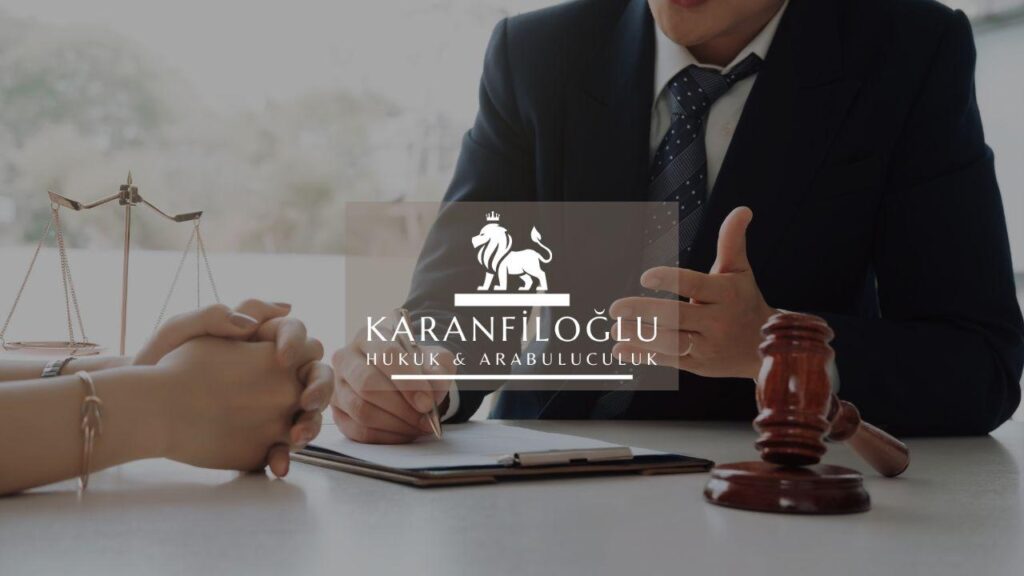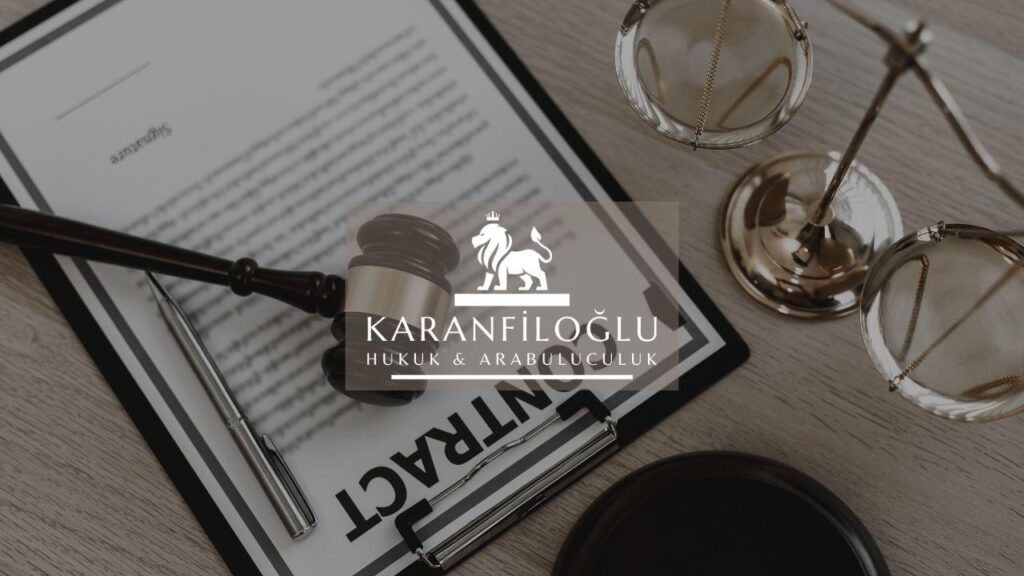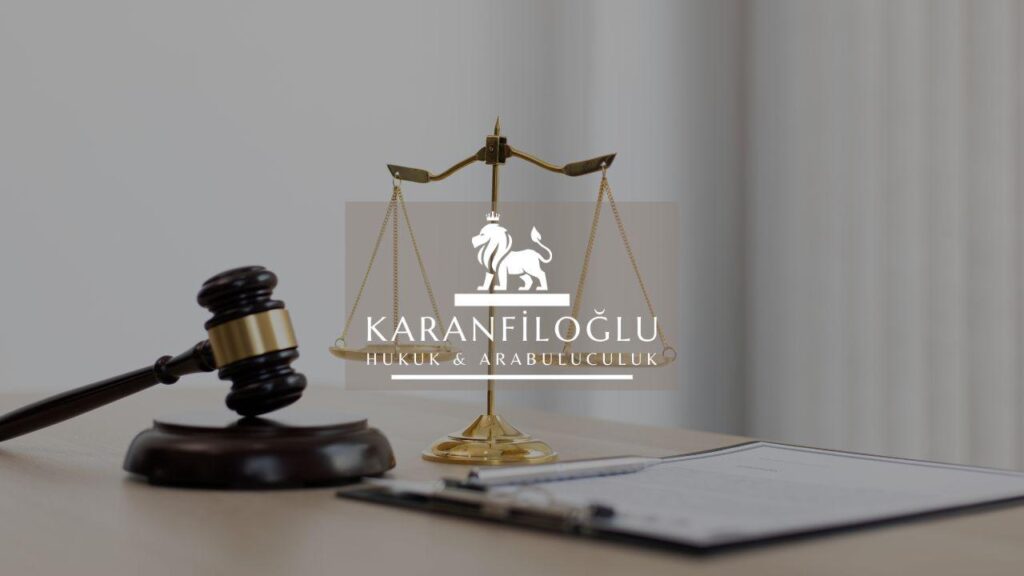Navigating a copyright dispute in Turkey requires an adept understanding of the Turkish Intellectual Property Law No. 5846, which governs copyrights and their enforcement. At Karanfiloglu Law Office, we specialize in offering comprehensive legal services to protect and enforce your intellectual property rights under this law. When facing a copyright dispute, it is essential to act swiftly, starting with determining the nature of the infringement and collecting evidence. Article 68 of the law outlines the compensations and sanctions available for copyright infringements, providing the aggrieved party with recourse to seek damages. Moreover, through the provisional measures stipulated in Article 77, rights holders can secure an injunction to prevent ongoing infringement. Combining our extensive legal expertise and a strategic approach, Karanfiloglu Law Office is committed to guiding you through each phase of the dispute resolution process, from initial assessment to litigation or settlement.
Understanding Turkish Copyright Laws and Regulations
Understanding the intricacies of Turkish Copyright Laws is pivotal in navigating and resolving copyright disputes effectively. The primary legislation governing this domain is the Turkish Intellectual Property Law No. 5846, which sets forth the rights and protections accorded to authors and creators. This legislation empowers rights holders with exclusive rights over their works, including reproduction, distribution, performance, and adaptation, among others. It is essential to familiarize oneself with critical provisions such as Article 8, which delineates the scope of copyright protection, and Article 10, which specifies the moral rights of the author, including the right to claim authorship and to object to any derogatory treatment of their work. Understanding these provisions not only helps in asserting one’s rights but also in recognizing potential infringements and enforcing legal actions effectively.
A key element in understanding Turkish Copyright Laws is recognizing the breadth of exclusive rights and protections they afford. For instance, Article 23 outlines the economic rights of authors, permitting them to exploit their work for financial gain through various means, such as selling, leasing, or licensing. Furthermore, Article 52 provides for the transfer and delegation of such rights, allowing authors to assign their economic rights to third parties through contracts. However, the moral rights granted to authors under Article 14 are inalienable and cannot be waived or transferred, ensuring authors maintain an enduring connection with their work. These comprehensive legal frameworks enable rights holders to effectively control and benefit from their intellectual creations, reinforcing the importance of legal counsel in navigating the complexities of copyright law.
In addition to economic and moral rights, Turkish Intellectual Property Law also provides robust mechanisms for the enforcement of these rights, ensuring that creators can protect their intellectual property against unauthorized use. Article 71 outlines the criminal sanctions for copyright infringement, including fines and imprisonment, underscoring the serious legal repercussions for violators. Additionally, Article 72 allows rights holders to seek civil remedies, including financial compensation and the cessation of infringing activities. To streamline enforcement, provisions such as Article 81 authorize Customs authorities to detain goods suspected of infringing copyrights, thus preventing the circulation of counterfeit materials. For a comprehensive approach to enforcing your rights, the experienced legal team at Karanfiloglu Law Office can assist with everything from filing lawsuits to negotiating settlements, ensuring your creations are protected under the full extent of the law.
Navigating the Legal Process in Copyright Disputes
Navigating the legal process in copyright disputes requires a meticulous approach, starting with filing a formal complaint with the authorized courts. Under Article 66 of the Turkish Intellectual Property Law No. 5846, right holders must substantiate their claims by presenting clear evidence of both the ownership of the copyright and the alleged infringement. This often involves gathering documentation such as registration certificates and examples of the infringing material. Additionally, to initiate legal proceedings, the claimant must ensure compliance with procedural requirements specified in the Turkish Civil Procedure Law, including delivering a detailed petition outlining the basis of the claim, evidence, and requested remedies. At Karanfiloglu Law Office, we assist our clients in diligently preparing and filing these documents, ensuring that their case is robust and persuasive from the outset.
Once the complaint is filed, the court may order an expert examination as stipulated in Article 70 of the Turkish Intellectual Property Law No. 5846 to verify the validity of the claims. The role of expert witnesses and technical analyses can be instrumental in ascertaining the occurrence and extent of copyright infringement. During this phase, it is crucial for the claimant to provide comprehensive evidence and expert testimony to bolster their case. Additionally, the defendant will be given the opportunity to present counter-evidence and arguments in their defense, as outlined by the procedural norms in the Turkish Civil Procedure Law. At Karanfiloglu Law Office, we prioritize preparing our clients for this stage by coordinating with highly reputable experts and meticulously developing evidence-based strategies to reinforce the legitimacy of their claims.
Following the court’s examination phase, the case proceeds to the litigation stage, where both parties present their full arguments. During this stage, as per Article 73 of the Turkish Intellectual Property Law No. 5846, the court will evaluate all evidence, expert reports, and testimonies before issuing a verdict. The judgement may include orders for cessation of the infringing activities, monetary damages, and/or other appropriate remedies. Should the court rule in favor of the claimant, mechanisms are in place to enforce the judgement, such as through the seizure of infringing goods and enforcement of financial penalties. However, it’s important to note that either party can appeal the decision under the provisions of the Turkish Civil Procedure Law, necessitating a thorough and ongoing legal strategy. Karanfiloglu Law Office remains steadfastly dedicated to supporting our clients through each step of litigation, ensuring their rights are effectively upheld and defended even through potential appeals.
Key Considerations When Hiring a Copyright Lawyer in Turkey
When hiring a copyright lawyer in Turkey, it is crucial to ensure that the lawyer has a thorough understanding of Turkish Intellectual Property Law No. 5846, particularly Articles 56 through 81 which deal extensively with the enforcement of copyright protections. A competent lawyer should be adept at identifying the scope of your intellectual property, advising on the evidence collection process as stipulated under Article 68, and navigating the procedural requirements for obtaining preliminary injunctions under Article 77. At Karanfiloglu Law Office, our legal team offers extensive expertise and a strategic focus on safeguarding your rights—our experience spans from initial consultation to full-scale litigation, ensuring that each action taken is tailored to achieve the most favorable outcome for our clients.
Another key consideration when hiring a copyright lawyer in Turkey is their experience with both civil and criminal proceedings related to copyright infringement. Turkish Intellectual Property Law No. 5846, particularly Articles 71 through 75, outlines the criminal sanctions that can be imposed on infringers, including imprisonment and fines. A proficient lawyer must be well-versed not only in civil remedies, such as obtaining damages and injunctions, but also in initiating criminal actions against willful infringers. This dual expertise ensures a comprehensive strategy to deter future violations and to address ongoing infringements robustly. At Karanfiloglu Law Office, our team’s in-depth understanding of both civil litigation and criminal prosecution provides our clients with a formidable ally in protecting their intellectual property rights.
Finally, it is important to assess the lawyer’s proficiency in alternative dispute resolution (ADR) mechanisms, such as mediation and arbitration, which can offer more expedient and less adversarial avenues for resolving copyright disputes. Article 50 of the Turkish Intellectual Property Law No. 5846 endorses ADR methods, emphasizing their role in facilitating amicable settlements before resorting to litigation. A lawyer well-versed in these techniques can provide valuable guidance on whether ADR is appropriate for your case and can adeptly represent your interests in these settings. At Karanfiloglu Law Office, we pride ourselves on our ability to leverage ADR to resolve disputes efficiently, minimizing both cost and duration while protecting our clients’ rights and fostering mutually beneficial outcomes.
Disclaimer: This article is for general informational purposes only and you are strongly advised to consult a legal professional to evaluate your personal situation. No liability is accepted that may arise from the use of the information in this article.

